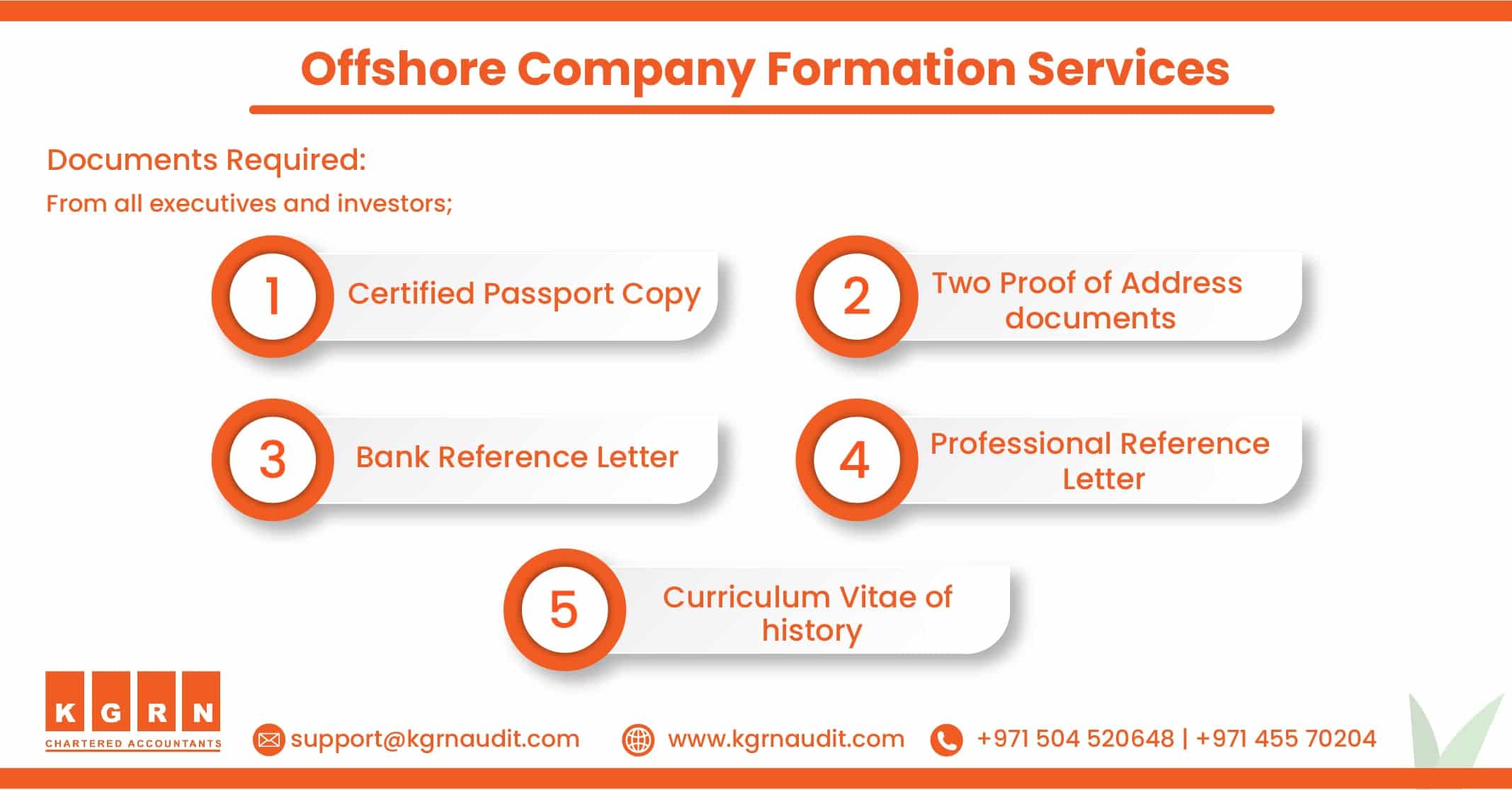A Comprehensive Guide to Navigating Offshore Organization Formation Efficiently
In the realm of worldwide entrepreneurship, creating an offshore organization presents both one-of-a-kind chances and intricate obstacles. Selecting the excellent jurisdiction is the very first vital step, needing a cautious equilibrium of legal security, desirable tax policies, and financial security. As prospective capitalists navigate through the intricacies of lawful and regulatory structures, recognizing the subtleties of each can make a considerable distinction in the successful facility and longevity of an overseas entity. What follows are crucial considerations and calculated strategies that can assist in enhancing the benefits while decreasing the risks included.
Choosing the Suitable Offshore Jurisdiction
When choosing an offshore territory for service formation, several important variables must be thought about to guarantee legal compliance and operational effectiveness. Tax policies are paramount; some territories provide low or no tax obligation prices, which can be very beneficial for revenue retention. Nevertheless, one need to also review the political security of the region to avoid possible risks that could influence service procedures negatively - Offshore Business Formation.
Moreover, the online reputation of the jurisdiction can considerably impact the assumption of the service globally. Selecting a territory with a strong regulatory track record may promote smoother company relations and financial transactions around the world. In addition, the ease of doing business, including the simpleness of the enrollment process and the accessibility of competent neighborhood services, should be assessed to ensure that the operational demands are sustained successfully.
Comprehending Governing and lawful Frameworks

Legal frameworks in overseas jurisdictions are often made to attract international investment through monetary motivations such as reduced tax obligation rates and streamlined reporting processes. Nevertheless, these benefits can feature stringent laws focused on stopping money laundering and financial fraud. Financiers need to browse these regulations very carefully to prevent legal pitfalls.


Establishing Your Offshore Business Framework
After recognizing the legal and regulative frameworks needed for overseas business operations, the next important action is to develop the ideal organization structure. Selecting the sort of offshore company is crucial, as this selection effects governance, liability, and management tasks. Common frameworks consist of International Service Firms (IBCs), Restricted Responsibility Business (LLCs), and collaborations. Each framework provides unique advantages depending upon the company objectives, such as tax obligation efficiency, privacy, or adaptability in monitoring.
Selecting the appropriate jurisdiction is just as vital. Aspects such as political stability, legal system, and global relations must be taken into consideration to make certain a protected and beneficial setting for the company. Popular locations like the Cayman Islands, Bermuda, and Luxembourg provide diverse benefits tailored to various business needs, including durable lawful site systems and positive governing landscapes.
Eventually, lining up business structure with strategic company objectives and the picked territory's offerings is vital for enhancing the benefits of overseas unification.
Managing Compliance and Taxation in Offshore Operations
Managing compliance and taxation is a vital element of preserving an offshore service. This includes understanding the effects of dual taxes contracts and determining whether the organization qualifies for any kind of motivations or exemptions.
Local business owner ought to likewise buy durable compliance programs that consist of routine audits and employee training to copyright corporate governance. Involving with monetary and lawful experts that specialize in international service law can give vital assistance and aid navigate the intricacies of cross-border tax. These professionals can assist in setting up effective tax obligation structures that straighten with worldwide methods while maximizing monetary obligations.
Eventually, diligent management of compliance and taxes is necessary for guaranteeing the lasting success and sustainability of an offshore business.
Final Thought
In conclusion, the successful development of an offshore company hinges on cautious consideration of territory, legal conformity, and the appropriate organization framework. By carefully picking a stable and beneficial setting, understanding and adhering to legal structures, and handling continuous conformity and tax, services can develop themselves efficiently on the international stage. This critical approach guarantees not only functional legitimacy but likewise positions the organization for lasting growth and lasting success in the global market.
